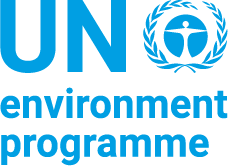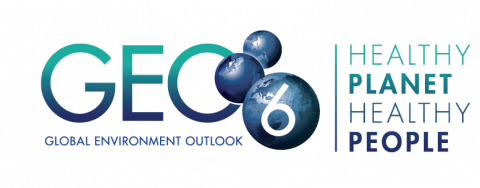The purpose of the Global Science Diplomacy for the Environment Program (GSD) is to advance the understanding and experience of students from around the world who are learning about STEM, sustainability and the environment to the importance of the use of science to ensure that deliberative processes and decisions are informed by evidence. Using the Global Environmental Outlook (GEO) to demonstrate how science can inform decision, as well as to deepen the abilities by students to use environmental assessments, the GSD program will result in a pipeline of alumni with an understanding and value for the use of science in environmental decision-making, skills in science communications, and at the fellowship level with hands-on experience in science diplomacy.
Based on a pilot initiative by the Global Council for Science and the Environment (GCSE) and the GEO Secretariat during the academic year 2020-2021 which included 10 students from different universities across the United States, the Global Science Diplomacy Scholars program will provide a structured learning opportunity to students in STEM, sustainability and environmental science, that exposes them to multilateralism and the use of science for actionable knowledge using the GEO as the focus for learning. Masters and Ph.D. students at member institutions will be invited to apply.
The United Nations Environment Programme (UNEP) Global Environment Outlook (GEO) Secretariat in partnership with the Global Council for Science and the Environment (GCSE) are developing and implementing this program. Additional allies to the GSD program include the National Aeronautics and Space Administration (NASA) Global Learning and Observations to Benefit the Environment (GLOBE) Program and UNITAR Global Diplomacy Program to advance science diplomacy and the use of evidence and knowledge to inform decision-making by government at all levels and across all sectors, with a specific focus on complex environmental challenges facing society.
With expert inputs from the Global Science Diplomacy Advisory Committee, the GSD program team will develop;
- educational principles and core competencies for student scientists and student diplomats in science diplomacy,
- teaching materials for all educational levels, and
- a robust Fellowship Program. The GSD program will be designed to work with the GEO Secretariat and other parts of UNEP as well as other UN agencies (i.e., UN SG, UNFCCC, UNESCO, etc.), as well as other multilateral agencies like the World Health Organization.
GSD Outcomes
- Provide students with concrete opportunities and experiences through internships and fellowships focused on the role of science to inform environmental decision making in a multilateral context with priority focus on the GEO as an educational tool.
- Teach participating students more about the United Nations, and specifically the UN Environment Programme and the Global Environmental Outlook.
-
Teach participating students about the value of environmental assessments, how to understand them, distill applicable knowledge from them, and enhance decision-making and actions using the GEO, the world’s most far-reaching and comprehensive environmental assessment, as the primary educational tool.
- Demonstrate how global environmental assessments like the GEO can be used to inform decision making at all levels of government and across sectors, as well as support research and include strong emphasis on the role of the GEO in multilateralism.
-
Teach the basics of science policy and science communications, using the GEO as the primary tool to provide opportunities to young scientists to "practice" their newly learned skills and distill science into accessible, usable language for decision making.
- Convene and support a cohort of students through the program who build relationships through the year and share a value for, an understanding of how to use the GEO across sectors and at all levels of government.
- Establish a GSD Fellows Alumni Network to ensure sustained connection and engagement by participating students long beyond the year of participation
- Recognize students who complete the nine-month program and provide a capstone presentation that includes at least one aspect of the GEO with a certificate of completion.
Co - Partners


Collaborators



